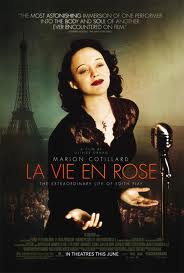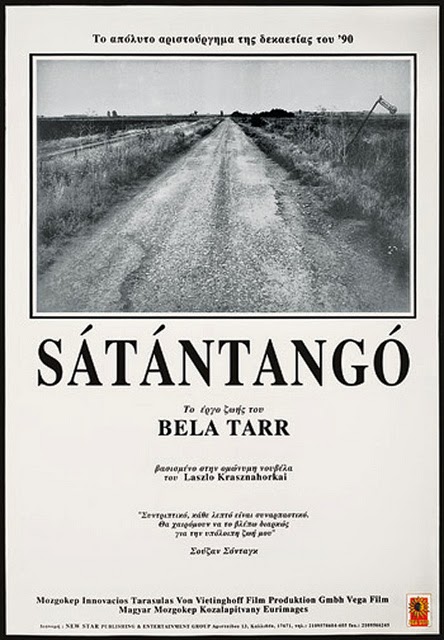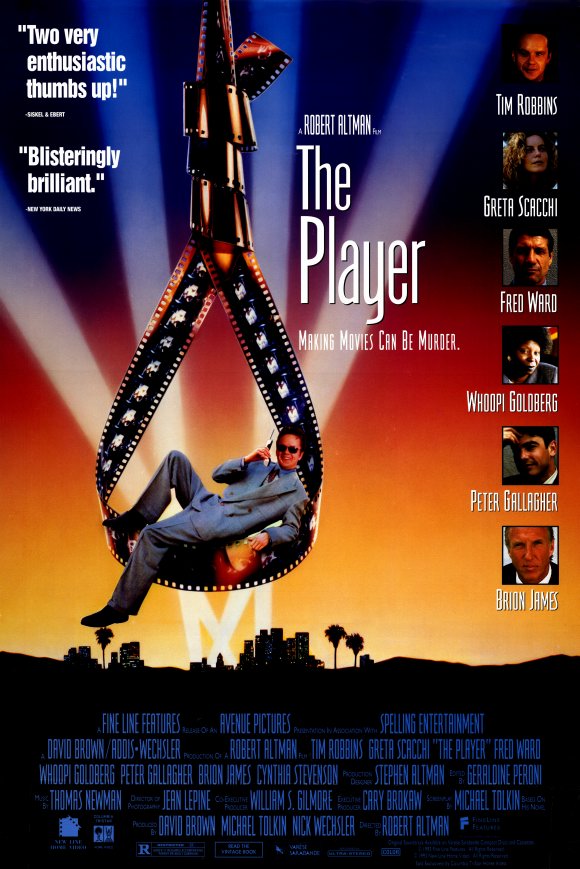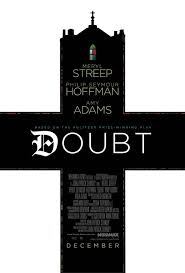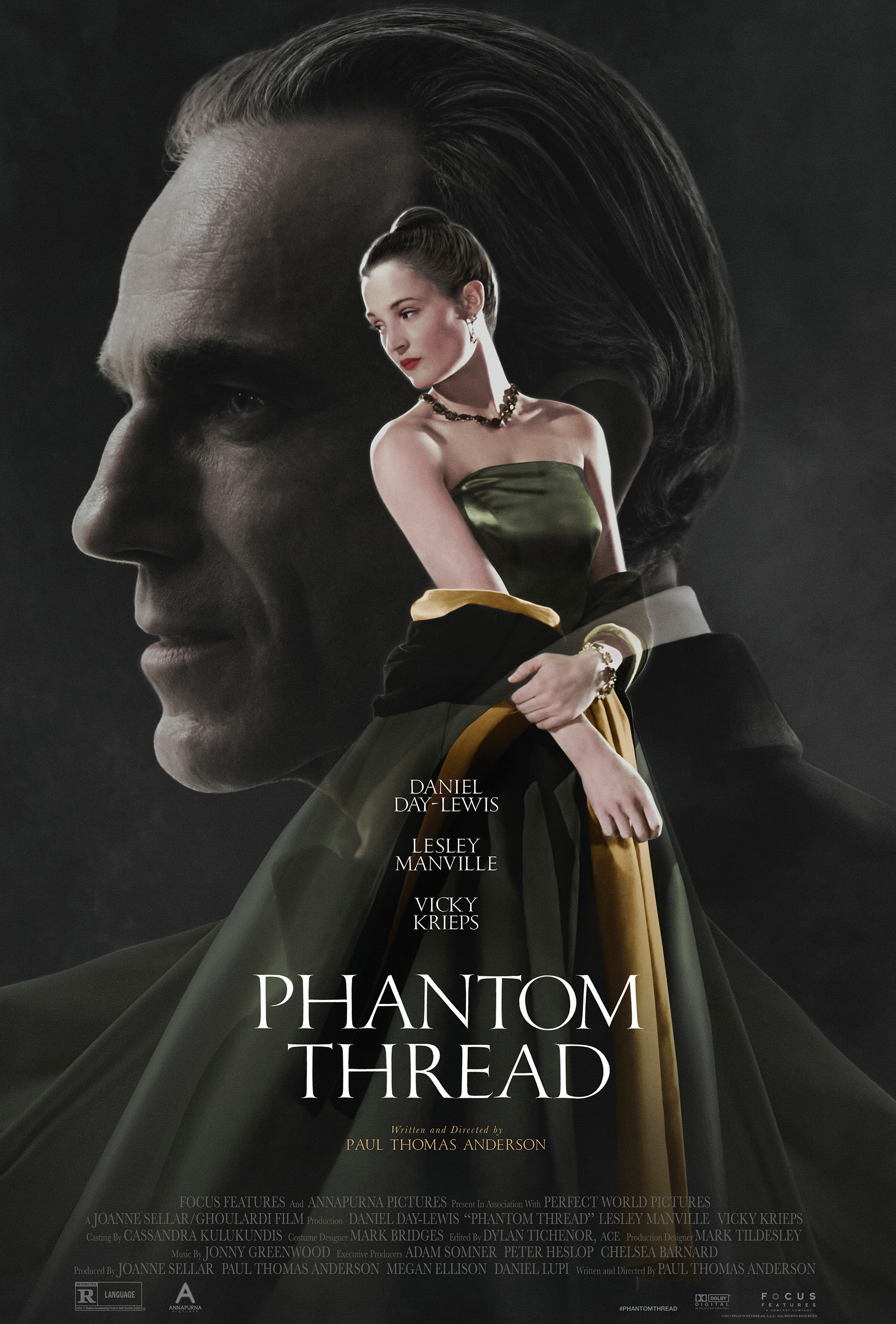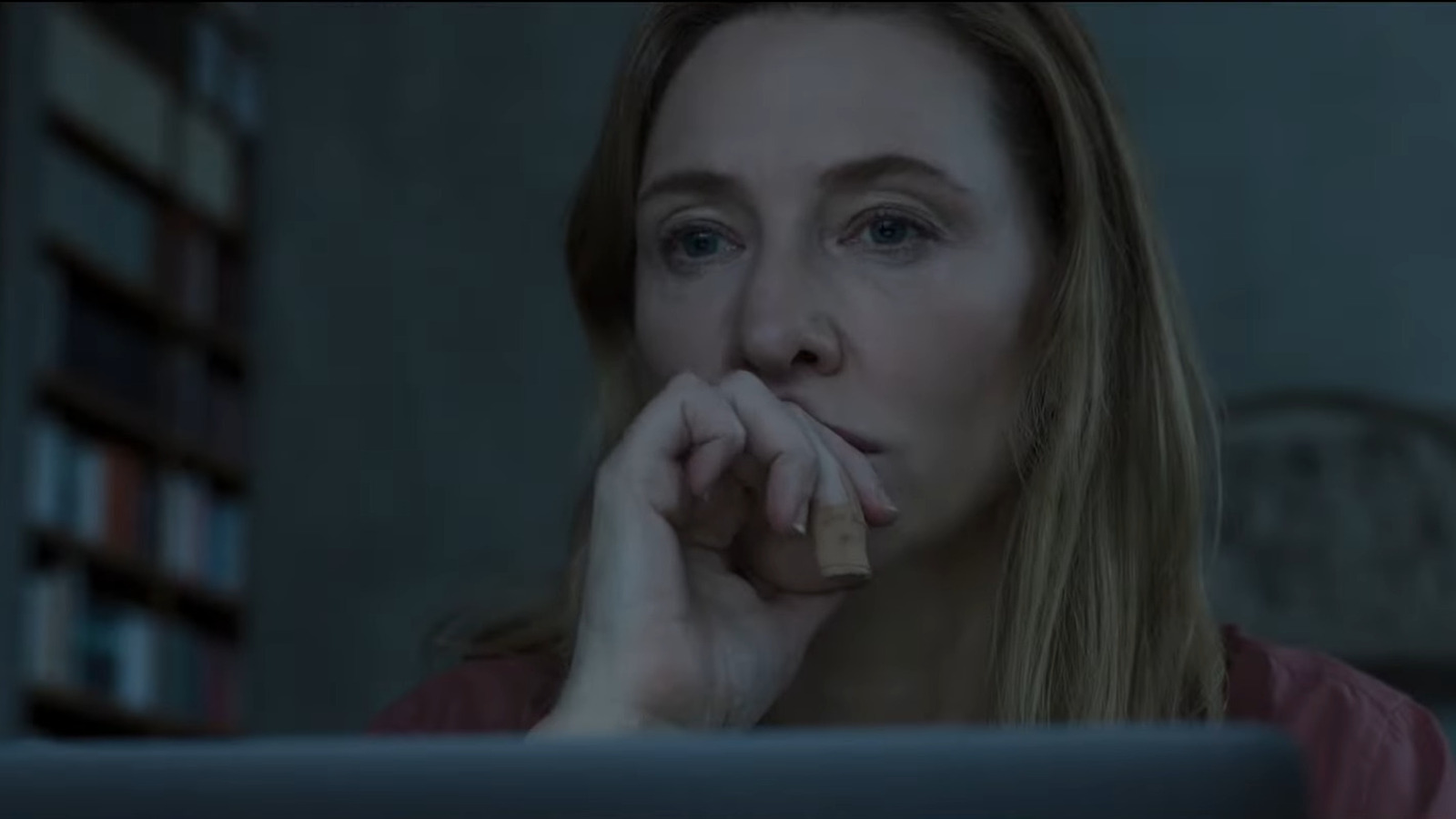
‘Tár’ power — Cate Blanchett soars as a Maestro of marketing
“Tár” is going to make virtually all of its viewers — including Grammy nominees and Nobel hopefuls — feel like failures.
Smart and talented people go through life dreaming of jobs that involve comparing Mahler with Beethoven. Instead they spend 40, 50, 60+ hours a week verifying accounts payable, reviewing documents and trying to cajole 4-year-olds into taking a pill. They don’t have private jets. They don’t go to board meetings. They’re never interviewed by Adam Gopnik.
That doesn’t mean they’re not highly talented. “Tár” tells us that the superelites, the folks featured in PBS specials and New Yorker covers, probably just have a bit more talent and — equally necessary — aggression. And when you strip away the product they’re making, you realize their lives are just as screwed up and complicated as everyone else’s, possibly moreso.
“Tár” struggles to take flight. It leans heavily on its crutches. Writer-director Todd Field, an acclaimed filmmaker and onetime musician who hasn’t directed a movie since 2006’s “Little Children,” opts for about three tedious passages of résumé-reading. Nothing could be more blatant than the first, as the antiheroine Lydia Tár is being interviewed by Adam Gopnik. (It would be interesting to know whether, after filming this scene, all of those extras in the crowd were able to stay in their seats for the treat of a real interview of Cate Blanchett by Gopnik, but that kind of information isn’t readily available despite numerous web articles about the movie.)
In all of these recitations, Field never bothers to explain, or better yet, show, what it is conductors accomplish. Yes, Lydia shares her thoughts with Gopnik. Those opinions mostly center on the technicalities that the audience doesn’t notice.
It would seem from “Tár” that conductors are simply taking great work and improving it. Like art curators reframing Picasso’s originals and displaying them with different works. Or perhaps, with slight flourish, making the original music more relevant to the current audience. How much of Lydia’s appeal is technical, as she claims to Gopnik, and how much is really just performance art is unsettled.
An important term in “Tár” is “Maestro.” How does one become a maestro? According to this web page, “there is no official way” to become one, and “a maestro can be almost anyone who has an audience for his art.” This type of ambiguity is ripe for exploitation for any savvy career-climbers, such as those we may meet in “Tár.”
One of the curiosities of “Tár” is that Lydia is shown more often exercising and working out than creating, arranging or listening to music. Blanchett is in phenomenal shape for any human being, let alone one Lydia’s age. (Blanchett is, as of now, 53.) Now consider if Lydia Tár were 20 pounds heavier. What if her name were a little different? Would there be just as many interviews and magazine covers and just as much awe/admiration/fear among colleagues? The things human beings respond to ...
Field evidently decided that seeing Lydia conducting, improvising tunes on the piano, bossing people around and hiring elite tailors wasn’t enough to demonstrate that she is famous, so Gopnik is forced to mention her previous jobs, awards, education, places she’s lived, how many other women have held the jobs she has held, etc. This scene has garnered praise from critics for its documentary feel, which is impressive; the endless bio is not. In reality, it would be as simple as, “EGOT member and conductor of the Berlin Philharmonic.”
But how famous is she, really? Her relatives and neighbors seem completely unimpressed. One interviewer is infatuated, but when Lydia jogs or takes her daughter to school, no one notices her or asks for an autograph. She serves the elites, not the masses.
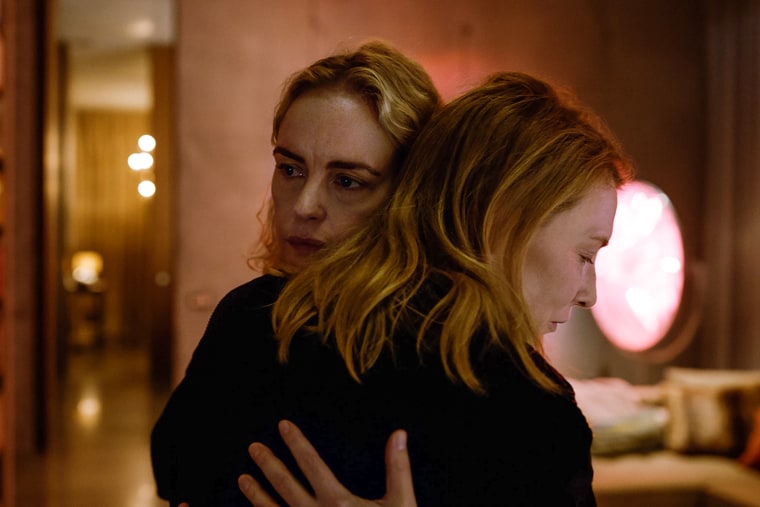
Another issue for Field is showing that Lydia is truly a superelite musician. And whether the orchestra world is truly built upon artistic merit. This appears to be true, at least until we gradually learn that a lot of Lydia’s career is marketing and perhaps have doubts that every musician in a chair deserves to be there. In a movie such as “Phantom Thread,” we see the dresses. In “Tar,” we hear snippets of the music, but how do we know whether it’s notably better than a non-Big-Five orchestra or a college orchestra? Or whether Lydia receives more media coverage than previous Berlin maestros received? Or why 5 is a significant number for Mahler. If you don’t know, Field’s script will surely tell you.
Yes, this is very much a digital world. Showing emails and texts is boring. And sometimes confusing. (One reviewer suggests the opening texts are from Olga.) Field wants us to wonder what really happened between Lydia and Krista Taylor. Like the movie “Doubt,” we can’t really know. (It is amusing that someone as sophisticated as Lydia takes a 1990s approach to deleting email, apparently actually believing it’s gone forever.) The progress of that innuendo/investigation gets bounced around clumsily among Lydia’s real-time relationships. However, Field is successful in throwing a lot of upheaval at Lydia at the same time, not far removed from the frenzy of Adam Sandler in “Uncut Gems” or Tim Robbins in “The Player.”
Most scenes of Field’s (extended-length) script take place in kitchens, empty auditoriums and corporate offices. Those kinds of typically routine visuals present a challenge for an aspirational film. One of his solutions is to give Lydia a separate apartment, which adds little and only confuses the viewer. Once Lydia sets off for Southeast Asia, the visuals get a lot more interesting, including the ending treat. (Whether any more than that ending scene needs to be shown in Asia is a fair question.)
Field also swerves between multiple languages, sometimes not bothering with subtitles. This works. “Tár” is very much an international film, suggesting elites in this craft all speak the same language.
Something not getting much attention is the curious name of this film. In the cinematic world, the pronunciation of “Tár” is probably most associated with the Hungarian director Béla Tarr, whose “Sátántangó” makes critics’ Best Films lists. We learn just barely, near the end of “Tár,” that Lydia’s real name is Linda Tarr, her name, and perhaps international mystique, a creation. Tár in Hungarian means something equivalent to “storehouse.” The American pronunciation sounds like the nasty but necessary viscous liquid that’s poured on our highways. Field might just be having fun with an accented name that sounds European elite but causes Americans to say “ugh.”
Cate Blanchett at the 2023 Oscars.
A defense argument heard often in #MeToo cases is that people are now being punished for comments and behavior, and consenting business/personal relationships, that were recently accepted as harmless. Lydia’s issues do not seem connected to her age. It is suggested repeatedly that Lydia deserves her awards, but “Tár” is silent on whether she may have benefitted from now-frowned-upon relationships with key figures in the orchestra world. The plight of Lydia’s beleaguered assistant, Francesca, and that of her aging orchestra assistant suggests that even closest associates are pawns for superelites. It may be exciting to work with them, but you get all that that entails.
Lydia is married to a subordinate. They work together and cast votes together. Field mistakenly lacks clarity regarding Lydia’s approach to Olga. We know Olga is elevated by Lydia’s interest. It seems as if Olga is capable of this elevation even without that interest. But maybe not. Whether Lydia has compromised her professional judgment is left to the viewer. It seems orchestra members scratch their heads for a bit too long trying to figure out this newfound interest in cello solos. Sometimes, when a boss is paying an unusual amount of attention to someone who’s off the radar, we can figure out the reason why.
Despite its backstory crutches, “Tár” never bores, and that is impressive. Blanchett is widely being hailed, correctly, as a certain Oscar nominee and perhaps odds-on favorite. There’s something about this high level artistic world that intrigues, the homes they live in, the discussions they have, the kind of service they get in restaurants. A bad day in this world is an exciting day for most people.
We learn at the end of “Tár” — again, through someone speaking a backstory — that Lydia was not born an elite. She got there with self-confidence, sharp elbows and, yes, talent. That’s a 180 from Marion Cotillard’s Edith Piaf, who rose from the streets solely on talent and couldn’t handle stardom. Lydia and Edith both found their way to the top, and a way down. Lydia, it seems, will be back.
3 stars
(October 2022)
(Updated May 2025)
“Tár” (2022)
Starring
Cate Blanchett
as Lydia Tár ♦
Noémie Merlant
as Francesca Lentini ♦
Adam Gopnik
as Adam Gopnik ♦
Marc-Martin Straub
as Tailor #1 ♦
Egon Brandstetter
as Tailor #2 ♦
Ylva Pollak
as Tailor’s Assistant #1 ♦
Natalie Ponudic
as Tailor’s Assistant #2 ♦
Sylvia Flote
as Krista Taylor ♦
Sydney Lemmon
as Whitney Reese ♦
Mark Strong
as Elliot Kaplan ♦
Nicolas Hopchet
as Aldo ♦
Zethphan Smith-Gneist
as Max ♦
Kitty Watson
as Olive Kerr ♦
Alec Baldwin
as Self ♦
Jessica Hansen
as Self ♦
Nina Hoss
as Sharon Goodnow ♦
Mila Bogojevic
as Petra ♦
Alma Löhr
as Johanna ♦
Sophie Kauer
as Olga Metkina ♦
Allan Corduner
as Sebastian Brix ♦
Dorothea Plans Casal
as Gosia Proboz ♦
Fabian Dirr
as Knut Braun ♦
Julian Glover
as Andris Davis ♦
Christian Höcherl
as First Trumpet ♦
Jan Wolf
as Harald ♦
Peter Hering
as Christian ♦
Artjom Gilz
as Karl ♦
Han Lai
as Tanya ♦
Andreas Jentzsch
as Magazine Vendor ♦
Daniel Söhner
as Waiter ♦
Tilla Kratochwil
as Eleanor ♦
Marie-Lou Sellem
as Britta Menges ♦
Marie-Anne Fliegel
as Angela Goodnow ♦
André Röhner
as Testimonial Recordist ♦
Lydia Schamschula
as Lina Greff ♦
Alexandra Montag
as Francesca’s Landlord ♦
Chalee Sricharoen
as Shaman ♦
Rose Knox-Peebles
as Eleanor’s Mother ♦
Frank Röth
as Tar’s Personal Physician ♦
Norman Höhne
as Undertaker #1 ♦
Sven Rothe
as Undertaker #2 ♦
Jasmine Leung
as Laura Kim ♦
Johann von Bülow
as Male Board Member #1 ♦
Oliver Mills
as Male Board Member #2 ♦
Xenia Assenza
as Flight Attendent ♦
Johanne Murdock
as Taylor Family Counsel ♦
Sam Douglas
as Marty Singer ♦
Burkhard Nitsch
as Elevator Operator ♦
Christoph Tomanek
as Anna’s Husband ♦
Sarah Bauerett
as Estate Agent ♦
Murali Perumal
as NYC Livery Driver ♦
Vincent Riotta
as Cory Berg ♦
Vivian Full
as Kristine Ling ♦
Ed White
as Jake Russell ♦
Lucie Pohl
as Shannon Jones ♦
Lee Sellars
as Tony Tarr ♦
Ian Gallego
as Uniformed Guard ♦
Joy Villanueva
as MPO Woman ♦
Aldrin Poblete
as MPO Assistant #1 ♦
Froilan Japano
as MPO Assistant #1 ♦
Pattarawadee Thiwwatpakorn
as Shirley ♦
Parami Mingmitpatanakun
as Cirio ♦
Prapruttam Khumchat
as Concierge ♦
Jevimary de Guia
as Spa Receptionist ♦
Kenneth Won
as Stage Manager ♦
An Cerne
as Julliard Octet ♦
Wenteng Chang
as Julliard Octet ♦
Songha Choi
as Julliard Octet ♦
Rucheng Fan
as Julliard Octet ♦
Christopher Lindner
as Julliard Octet ♦
Sarah Martin
as Julliard Octet ♦
Levin Petersen
as Julliard Octet ♦
Qu Yunrui
as Julliard Octet ♦
Diana Birenyte
as Tänzerin
Directed by: Todd Field
Written by: Todd Field
Producer: Todd Field
Producer: Scott Lambert
Producer: Alexandra Milchan
Co-producer: Sebastian Fahr-Brix
Line producer: NYC unit: Francesca Lentini
Line producer: Southeast Asia unit: Chris Lowenstein
Executive producer: Cate Blanchett
Executive producer: Phil Hunt
Executive producer: Stephen Kelliher
Executive producer: Marcus Loges
Executive producer: Compton Ross
Executive producer: David Schiff
Executive producer: Uwe Schott
Executive producer: Nigel Wooll
Music: Hildur Guðnadóttir
Cinematography: Florian Hoffmeister
Editing: Monika Willi
Casting: Simone Bär, Avy Kaufman, Jeremy Zimmermann
Production design: Marco Bittner Rosser
Art direction: Patrick Herzberg, Petra Ringleb
Costumes: Bina Daigeler
Makeup and hair: Annett Schulze, Morag Ross, Carol Robinson, Stephanie Hanf
Unit production manager: Marc Grewe
Executive in charge of production: Louis Phillips
Production manager: Southeast Asia unit: Apinat ‘Obb’ Siricharoenjit
New York Unit: Frank Covino
Post-production supervisor: Emma Zee
Stunts: Janine Theisen, Matthias Schmidt, Eric Ford
